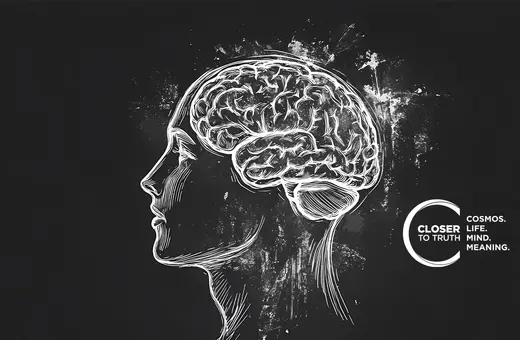Philosophy, like most academic disciplines, has become increasingly specialised. While this might have proved fruitful in the sciences, it has been holding progress in philosophy back. If philosophers are going to have a role to play in tackling some of the biggest questions of the future, they need to become Renaissance thinkers, transcending their discipline into neuroscience, technology, and beyond, argues Louise R. Chapman.
It is arguably part of the very fabric of philosophy that its precise relation to other human and natural sciences will always be contested. Indeed, we may go as far as to say that philosophy is an essentially contested concept, in the sense outlined by the twentieth-century Scottish theorist W.B. Gallie, according to whom the proper use of the very concept of philosophy inevitably involves endless disputes about its use on the part of the users. But if, as Gallie’s American contemporary, Wilfrid Sellars, famously stated, ‘the aim of philosophy, abstractly formulated, is to understand how things in the broadest possible sense of the term hang together in the broadest possible sense of the term’, then philosophy and the natural sciences must at the very least be united in their desire to make sense of the world. Accordingly, progress in either domain must inevitably be of interest to the other.
 SUGGESTED READING
What they won't teach you at university
By Jules Evans
SUGGESTED READING
What they won't teach you at university
By Jules Evans
While there is nothing wrong with the above way of describing things, which treats all the relevant disciplines as distinct entities, we must not let this fact prevent us from producing research that transcends disciplinary boundaries. Such transdisciplinarity goes beyond cross- or inter-disciplinarity by emphasizing that the best approach to a certain topic (for example, the study of human nature) is often not one that merely unites insights from different disciplines but a method and approach that truly transcends them, to the point that it is impossible to separate the philosophical strands of a study from, say, its neuro-technical ones.
___
Given the speed with which neuroscience and technology have advanced in recent years, philosophers who wish to tackle intractable philosophical problems in a way that would actually have an impact on public discourse and policies should go beyond just philosophy and neuroscience.
___
Perhaps the greatest champion of transdisciplinarity in our time is the philosopher, neuroscientist, geostrategist, and futurologist Nayef Al-Rodhan. According to Al-Rodhan, the future of philosophy must be transdisciplinary. The ‘must’ in question is a normative one. In his most recent paper, ‘Transdisciplinarity, Neuro-techno-philosophy, and the Future of Philosophy’ (Metaphilosophy, Vol. 54, 2023), Al-Rodhan argues that the historical interplay between philosophy and science has paved the way for a neurophilosophy that harnesses neuroscientific insights to address questions that have traditionally been seen as belonging to the province of philosophy alone.
SUGGESTED VIEWING Rethinking reason With Timothy Williamson, Nina Power, Sophie Archer
Given the speed with which neuroscience and technology have advanced in recent years, philosophers who wish to tackle intractable philosophical problems in a way that would actually have an impact on public discourse and policies should go beyond just philosophy and neuroscience; they should engage in a novel type of enquiry that Al-Rodhan terms ‘neuro-techno-philosophy’. We can define neuro-technic-philosophy as the transdisciplinary endeavor of philosophers, neuroscientists, and tech workers, to anticipate the societal implications of impending theoretical and scientific transformations.






















Join the conversation